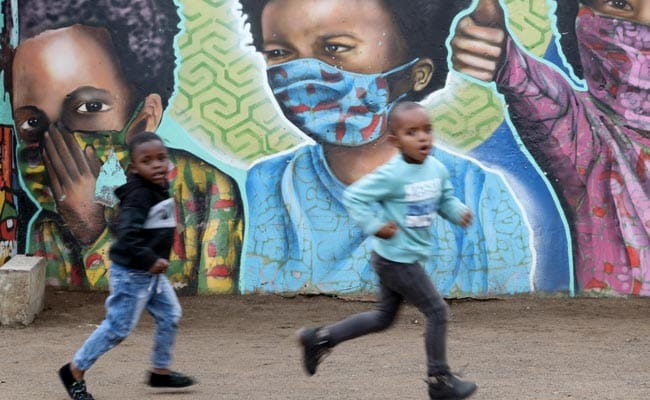
A new variant of COVID-19 detected in South Africa and Botswana has raised concerns among experts and governments across the globe. The World Health Organisation said that the new variant, B.1.1.529, could have an impact on how COVID-19 behaves.
"The concern is that when you have so many mutations, it can have an impact on how the virus behaves. It will take a few weeks for us to understand what impact this variant has on any potential vaccines," Maria Van Kerkhove, the WHO's technical lead on COVID-19, said at a virtual press briefing.
The variant is "clearly very different" from the other incarnations of Covid, Tulio de Oliveira, a bio-informatics professor who runs gene-sequencing institutions at two South African universities, said at a briefing on Thursday.
The new variant is likely to have evolved during a chronic infection of an immuno-compromised person, possibly in an untreated HIV/AIDS patient, Francois Balloux, director of the UCL Genetics Institute said.
Highlighting the severity of the new variant, epidemiologist Eric Feigl-Ding said that the positivity rate in South Africa has gone up from 1 per cent to 30 per cent. "The spread across South Africa is quite sudden and widespread. And change from 1% positivity to suddenly 30% in a week," Mr Feigl-Ding posted on Twitter.
Imperial College London epidemiologist Neil Ferguson said that B.1.1.529 had an "unprecedented" number of mutations in the spike protein and was driving a recent rapid increase in case numbers in South Africa.

